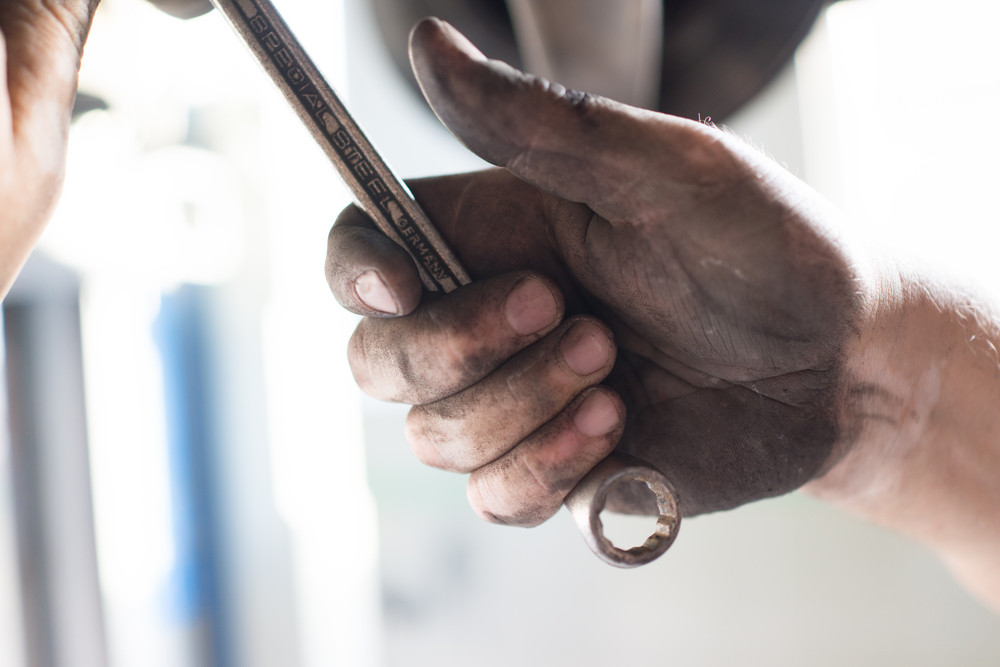As a car owner, it’s critical to stay on top of repairs and routine maintenance. Over the years, you’ll no doubt need to make several visits to your local mechanic. Mechanics play an invaluable role in their communities, and according to Gitnux, the auto repair industry makes $880 billion a year. However, there are likely many things you don’t know about these professionals. Let’s take a look at four interesting facts about working with a mechanic.
1. Mechanics Use a Wide Variety of Equipment
Cars have many different parts, and as such, many different types of equipment are needed to repair and maintain them. In fact, according to Facts.net, a mechanic may use more than 200 different specialized tools. These tools range from traditional items like wrenches and pliers to advanced diagnostic equipment.
2. Mechanics Need to Be Good at Math
You may not be aware of just how many numbers are involved in a mechanic’s day-to-day work. Measurements like pressure, voltage level, resistance, and flow rate need to be precise and accurate to ensure nothing goes wrong when working on a vehicle. Doing the job properly requires strong mathematical skills.
3. Mechanics Need Ongoing Education
You’re likely aware that mechanics need to undergo specialized training to become certified, but you may not know that the automotive field requires ongoing education to ensure up-to-date knowledge. Auto technology is constantly evolving, so mechanics need to continue studying throughout their entire careers. They must periodically advance their education by attending workshops, seminars, and training sessions.
4. Visiting a Mechanic Can Save You Money
Many people put off car repairs and maintenance because they don’t want to spend money, but this is a huge mistake. The reality is that taking your car to the mechanic regularly can help you save money in the long run. In addition to mitigating any existing problems with your vehicle, mechanics can spot signs of trouble that aren’t visible to the untrained eye. By addressing these problems early on, you can avoid expensive repairs and potentially save hundreds or even thousands of dollars.
Now that you know a little more about working with mechanics, you may be wondering where you can find reliable professionals to work on your vehicle. At Myers Automotive, we’ll take care of your car as if it were our own. Contact us today to learn more or schedule an appointment!

